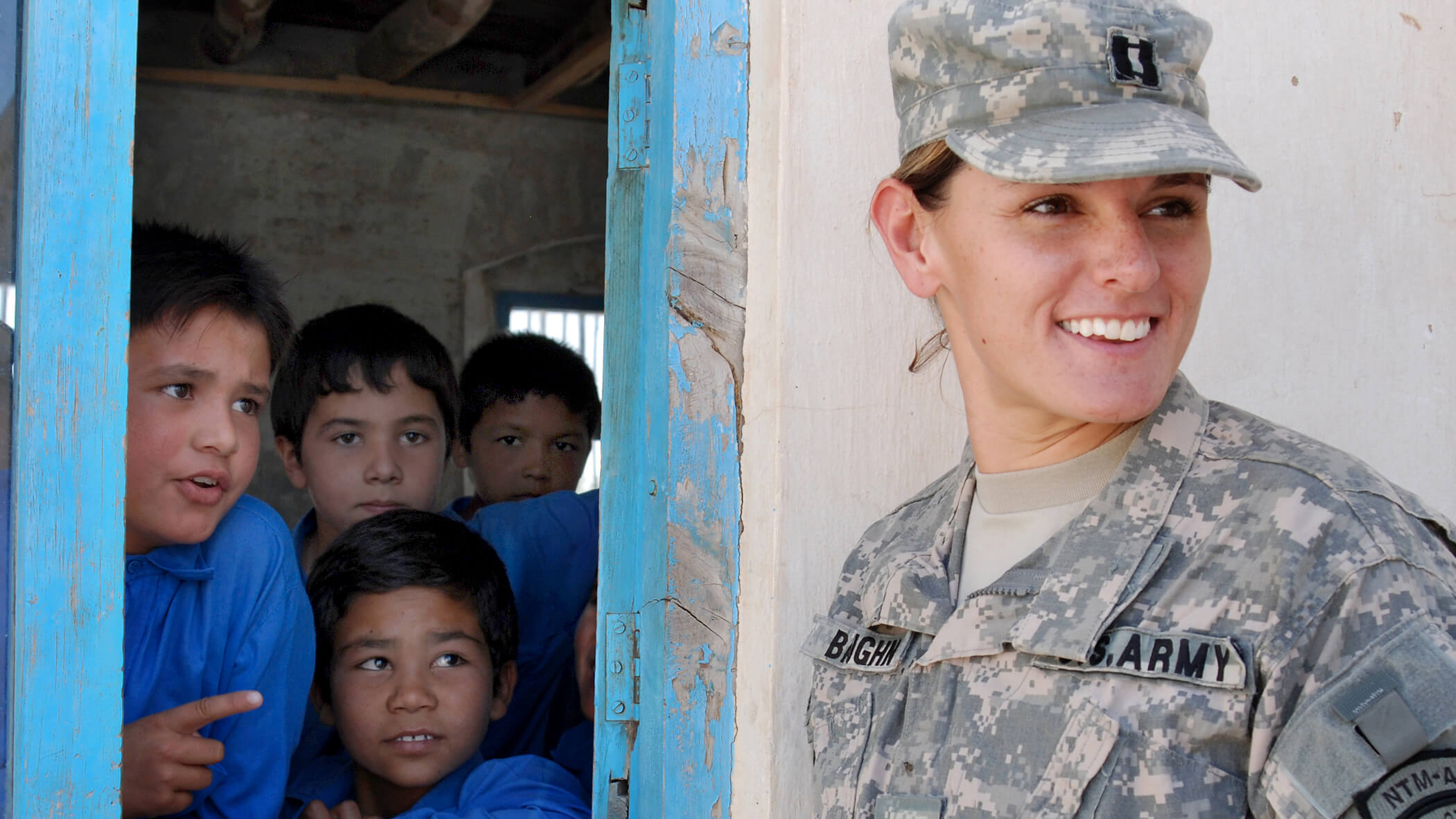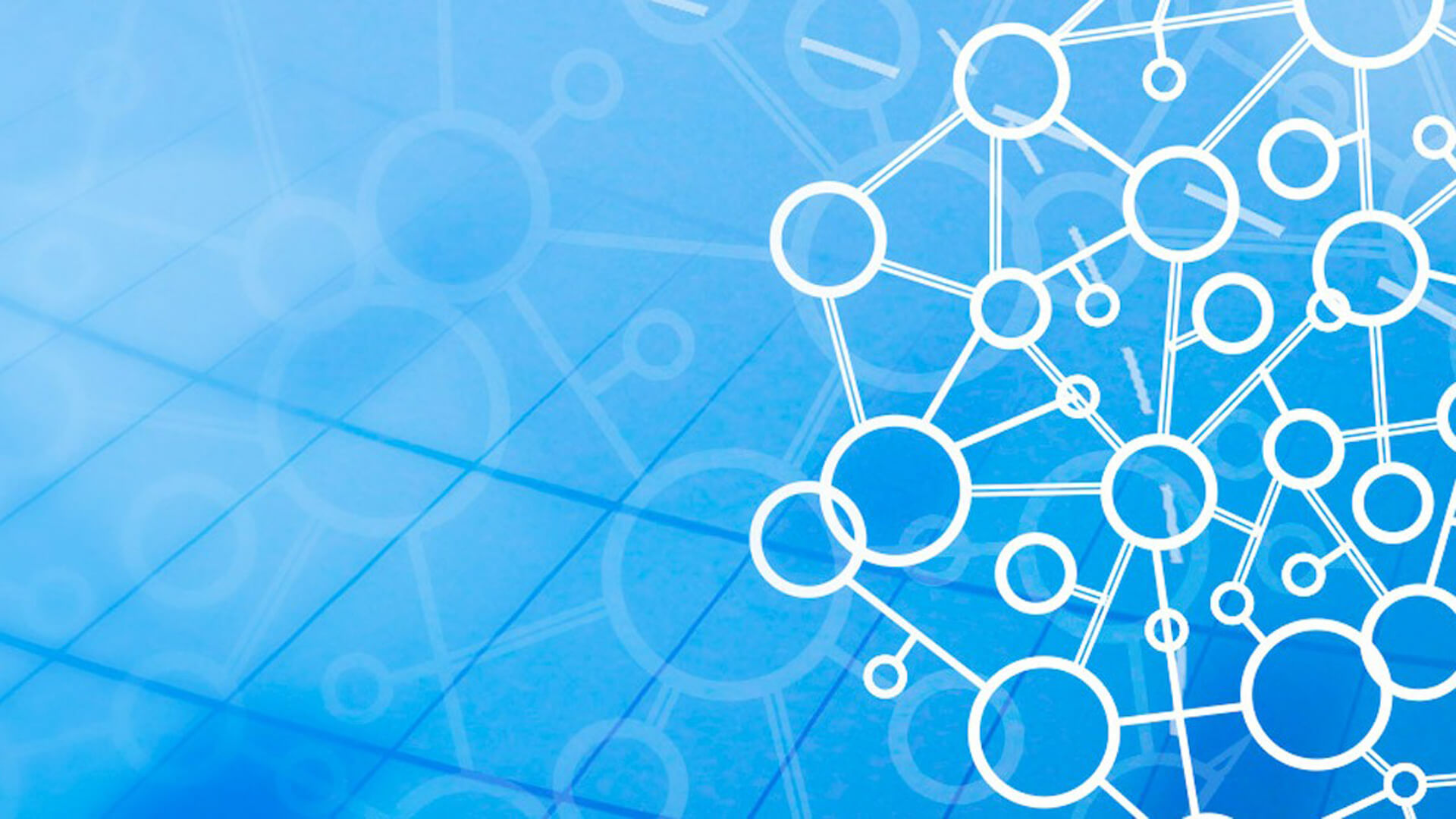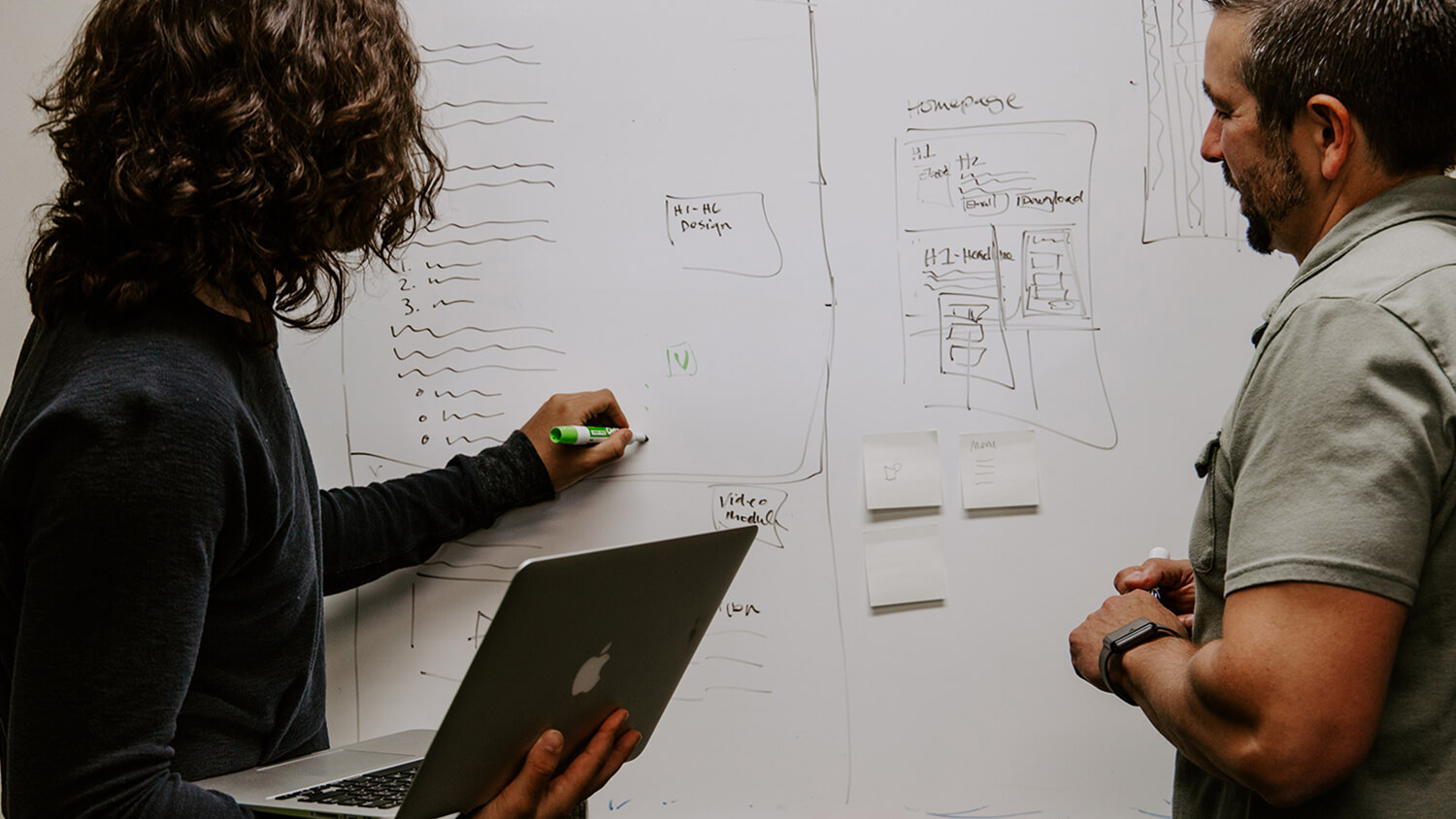Kathleen M. Vogel was formerly an associate professor in the School of Public Policy, University of Maryland, College Park, and a Senior Fellow at CISSM. Vogel is also a Rutherford Fellow at the Alan Turing Institute, London England (2018-2019), and a Jefferson Science Fellow in the U.S. Department of State (2016-present). Vogel is author of Phantom Menace or Looming Danger? : A New Framework for Assessing Bioweapons Threats (Baltimore: The Johns Hopkins University Press, 2013). She currently has three areas of research that focus on knowledge production on security issues:
1) Evaluating the security threat of gene editing. This project aims to study the contextual factors (e.g., social, political, economic, tacit knowledge) shaping the development and diffusion of gene editing technologies in different country contexts and the implications for U.S. and international security.
(2) Big Data, AI, and the U.S. intelligence workforce. This project is focused on studying how the U.S. intelligence community is trying to develop new technologies and tradecraft using big data/AI tools to improve the future of intelligence analysis and how these technologies reflect particular concerns, anxieties, imaginaries, and priorities related to the future of the U.S. intelligence workforce.
(3) Knowledge production in human trafficking. This is a relatively new project that aims to study how knowledge is produced in government and non-government entities regarding the identification and prevalence of human trafficking—what are the concerns, who are the actors, and what are the narratives, tools, techniques, and frameworks that shape how data is collected and analyzed on human trafficking? What "trust in numbers" exist in these domains? What are the resulting implications for informing policymakers?
Vogel holds a Ph.D. in biological chemistry from Princeton University. She was previously an associate professor in the Department of Political Science and was Director of the Science, Technology, and Society Program at North Carolina State University (NC State). Prior to joining the NC State faculty, Vogel was also an associate professor at Cornell University with a joint appointment in the Department of Science and Technology Studies and in the Judith Reppy Institute for Peace and Conflict Studies. She was appointed as a William C. Foster Fellow in the U.S. Department of State's Office of Proliferation Threat Reduction in the Bureau of Nonproliferation. Vogel has spent time as a visiting scholar at the Woodrow Wilson International Center for Scholars, Cooperative Monitoring Center, Sandia National Laboratories, and the Center for Nonproliferation Studies, Monterey Institute of International Studies.
Some recent publications include:
Vogel, Kathleen M. and Sonia Ben Ouagrham-Gormley, “Anticipating Emerging Biotechnology Threats: A Case Study of CRISPR,” Politics and the Life Sciences (2018): 1-17.
Vogel, Kathleen M. and Brian Balmer, “Secrecy and Intelligence: Introduction,” Secrecy and Society, vol. 2, no. 1 (2018): 1-19.
Vogel, Kathleen M. and Michael A. Dennis, “Tacit Knowledge, Secrecy, and Intelligence Assessments: STS Interventions by Two Participant-Observers," Science, Technology, and Human Values vol. 45, iss 5 (February 2018): 834-863.
Kampe, Christopher, Gwendolynne Reid, Paul Jones, Colleen S., Sean S., and Kathleen M. Vogel, “Bringing the National Security Agency into the Classroom: Ethical Reflections on Academia-Intelligence Agency Partnerships,” Science and Engineering Ethics (2018): 1-30.
Hartney Swanson, Maureen and Kathleen M. Vogel, “Big Data, Intelligence, and Analyst Privacy: Investigating Information Dissemination at an NSA-Funded Research Lab," Intelligence and National Security vol 33, no 3 (December 2017): 1-19.
Vogel, Kathleen M., Jessica Jameson, Sharon Joines, Beverly Tyler, Brian Evans, and Hector Rendon, “The Importance of Organizational Innovation and Adaptation in Building Academic-Industry-Intelligence Collaboration: Observations from the Laboratory for Analytic Sciences,” The International Journal of Intelligence, Security, and Public Affairs vol 19, iss 3 (2017): 171-196.

In today’s security environment, civil conflicts, mass migration, climate change, epidemics, and other emergent phenomena create multiple, often overlapping, instabilities that exacerbate human insecurity.
Learn More about Human SecuritySchool Authors: Kathleen Vogel
School Authors: Kathleen Vogel
Other Authors: Christopher Kampe, Gwendolynne Reid, Paul Jones, Colleen S., Sean S.
School Authors: Kathleen Vogel
Other Authors: Jessica Katz Jameson, Beverley B.Tyler, Sharon Joines, Brian M. Evans, Hector Rendon




